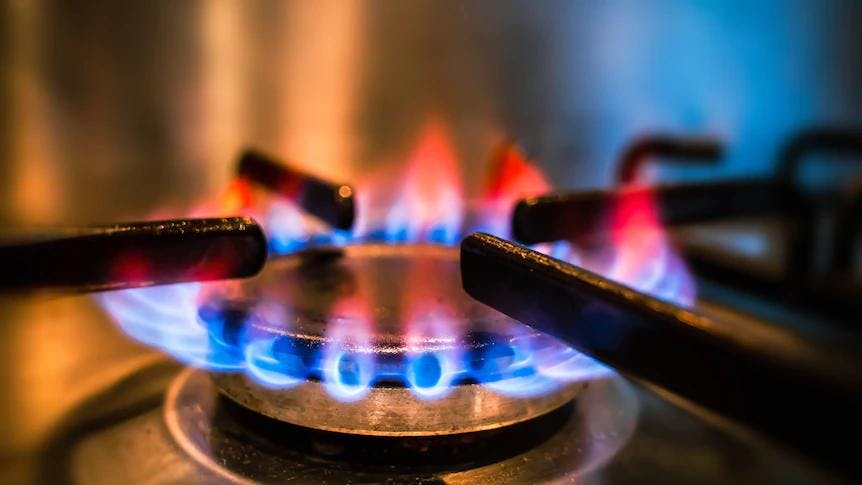Gas stoves are a risk to public health and the environment, according to research.

A new study from Stanford University comes as cities across the country seek to ban natural gas in new buildings, prompting an industry pushback.
The study, published this week by Woods Institute for the Environment Senior Fellow Maximilian Auffhammer and doctoral candidate Gernot Wagner, found that a nationwide ban on natural gas in new homes would increase carbon dioxide emissions by more.
Burning gas in a residential kitchen is more harmful to the environment than previously believed, according to a new study.
According to a study conducted by the Lawrence Berkeley National Laboratory in California, gas-burning stoves contribute to climate change and are also a major source of indoor air pollution.
Stanford University scientists found that refrigerators and stoves release more of the potent greenhouse gas methane than previously estimated. They also emit significant amounts of nitrogen dioxide, which can trigger asthma and other respiratory conditions in people who breathe it.
Scientists and activists increasingly urge homeowners to switch to all-electric stoves, water boilers and other appliances even as the natural gas industry fights in New York and across the country to keep the signature blue flames of their gas-burning stoves as a staple in American homes.
A study published Thursday by the journal “Science” reported that methane emissions from gas stoves in 53 homes across seven counties in California were comparable to about 500,000 cars driven for a year.
Methane is a greenhouse gas that is the second biggest contributor to climate change among greenhouse gases. Although it dissipates more quickly than carbon dioxide, it is more than 80 times as powerful in the first 20 years after it is released into the atmosphere.
A new study has found that natural-gas leaks are responsible for nearly a third of the fuel's climate-warming emissions. The research shows that emissions of methane—the main ingredient in natural gas—are roughly 30 percent higher than official estimates, and if the leaks could be plugged, it would have an effect similar to shutting down at least 200 coal-fired power plants
Tim Carroll, an EPA spokesman, noted that the agency previously had not included emissions from inside homes and buildings in its Greenhouse Gas Inventory, a report on every sector of the US economy. But they planned to update their approach.
The Environmental Protection Agency (EPA) said it is reviewing a new study by the Environmental Defense Fund (EDF) that estimates natural gas leaks from distribution pipelines result in up to six times more emissions than previously thought. “While post-meter leak emissions (including leak emissions from stoves) are not currently included in the GHG Inventory.

